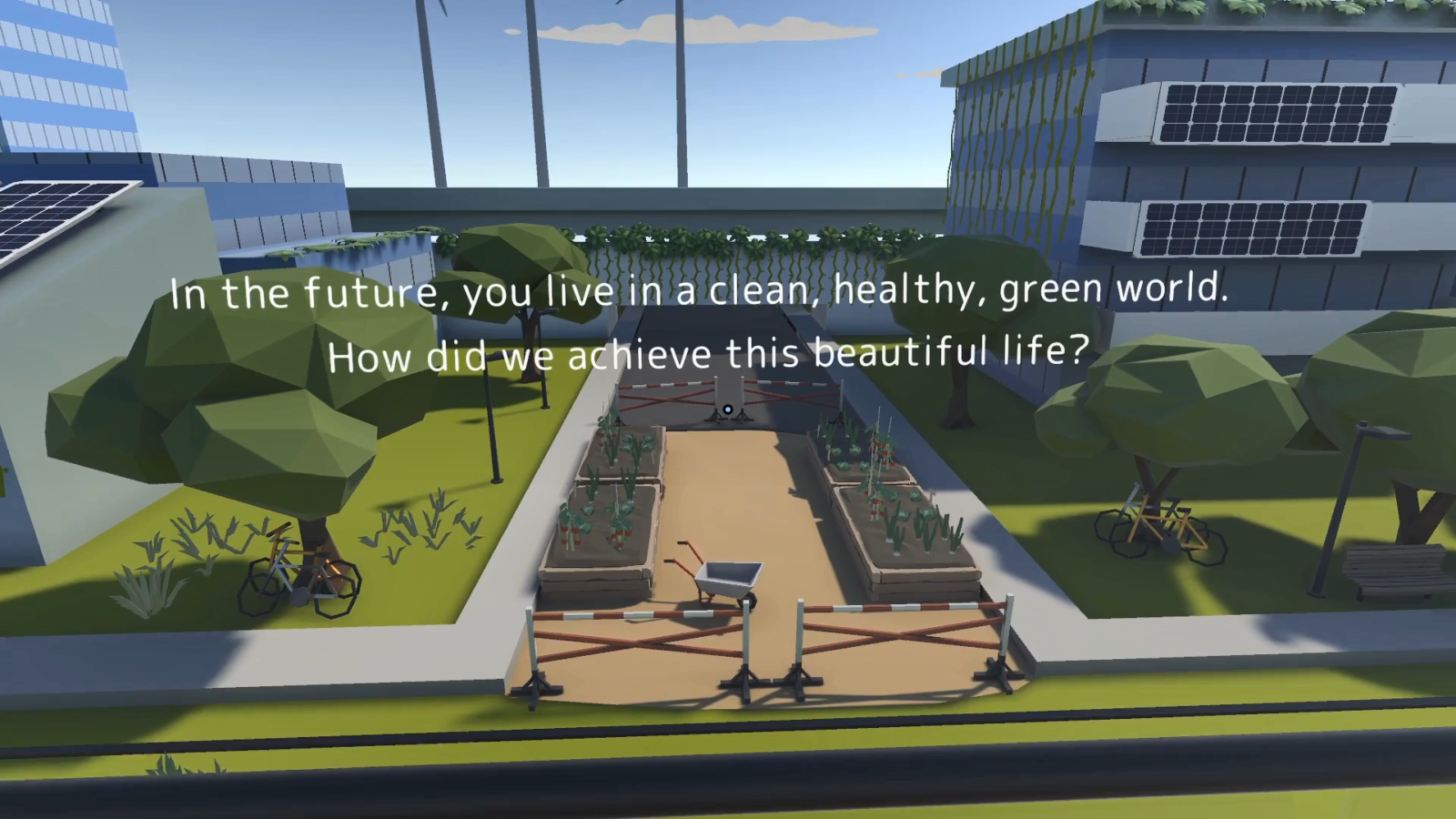Hey, Daniel Fernández Galeote here. I recently defended my doctoral dissertation, titled “Gamification and Climate Change Engagement.” As you may guess from the title, it explores the potential of games and gamification to engage people with climate change. Part of it involved developing and doing research with a digital game on the well-being implications of the climate crisis, “Climate Connected: Outbreak.”
Part of what motivated my research was the tension between our collective hope in games’ potential as tools for engagement and the possibly unwarranted optimism about their capacity to “save the world.” The findings from my research indicate that games have succeeded at connecting diverse players with complex environmental topics while providing joyful and meaningful experiences. We found that players can learn to a similar degree to those who use more traditional methods, as well as change their attitudes, sense of environmental self-efficacy, and actions. In our experiment, players enjoyed their experience more than text readers, especially those who played in immersive VR.
I have concluded that games can be effective engagement tools, but they may not always offer a clear advantage over more traditional, and less resource-intensive, options. In every situation, we should consider: Should we create yet another game? But we are far from having definitive or complete answers—we need more research involving different contexts, audiences, and designs.
My aim now is to continue researching the intersection between games and environmental topics at Tampere University’s Gamification Group, focusing on the possible role of gamification in supporting sustainability transitions.
You can find my dissertation here.

